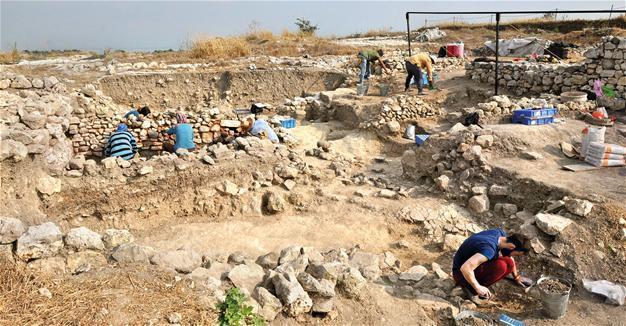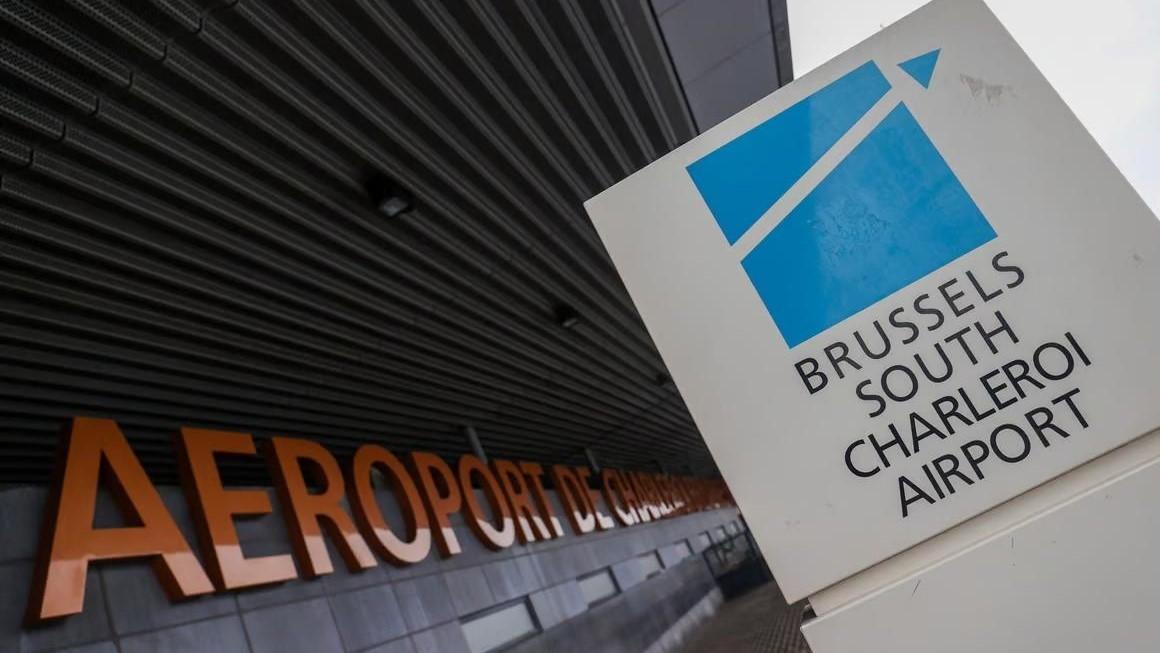Lydian kingdom’s culinary culture revealed in excavations
BALIKESİR – Anadolu Agency
 This year’s archaeological excavations carried out in the ancient city of Daskyleion in the northwestern province of Balıkesir’s Bandırma district have unearthed two kitchens with utensils such as pots, pans, fish bone, seed and mortar made of basalt stone.
This year’s archaeological excavations carried out in the ancient city of Daskyleion in the northwestern province of Balıkesir’s Bandırma district have unearthed two kitchens with utensils such as pots, pans, fish bone, seed and mortar made of basalt stone. The head of excavations, Professor Kaan İren from Muğla Sıtkı Koçman University’s Archaeology Department, said they carried out works in three different spots in the ancient city with another team headed by Istanbul University associate professor Sedef Çokay.
İren said the findings in the ancient city went back to the 8th century B.C., with only a few human traces.
“After this date, with the help of the architectural finds, inscriptions, cultic tools and stoneware products, we proved the existence of the Phrygians and Lydians,” he said.
İren added that the teams found walls that were 6.5-meter-high, which helped strengthen the mound .
“Another important find are the rock tombs that were discovered in previous years. Perhaps for the first time it will be possible to obtain information on the construction levels of rock tombs in the ancient age. Another field where excavations and restorations were carried out in the summer of 2016 revealed a place we call ‘the three-room structure.’ It is here where the kitchen section from the Lydian era was unearthed. As far as it is understood from the existing ruins, the field was reorganized after its roof collapsed in a fire,” he said, adding that the kitchens dated back to around 600 and 540 B.C.
“Both kitchens collapsed during a fire. We found these kitchens on top of each other. One of them collapsed in a fire and the second one was rebuilt after the fire. But that also collapsed in another fire,” İren said.
Two cookers, pots and pans, as well as organic remnants such as various fish bones and animal bones from various eras, were extracted in the kitchen, he added.
“For the first time in Anatolia, we found a kitchen with all of its utensils in it. We will be able to study about the food and drink traditions of the Lydians. The cookers of both kitchens were undestroyed, but the roof had collapsed. We also found oyster shells. It is seen as a food culture based on the Lake Manyas. Time seems like it stopped there, so it was easier for us to find clearer discoveries. We will be able to discover the sort of food they ate and how they cooked, in laboratory examinations,” İren stated.
















